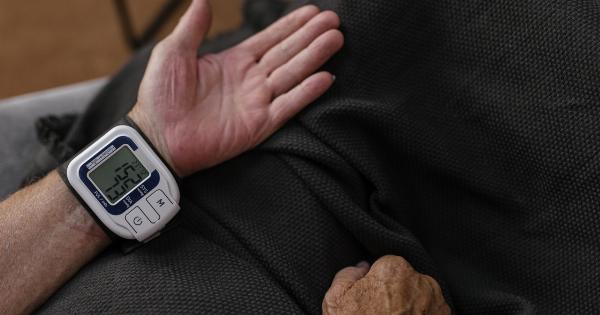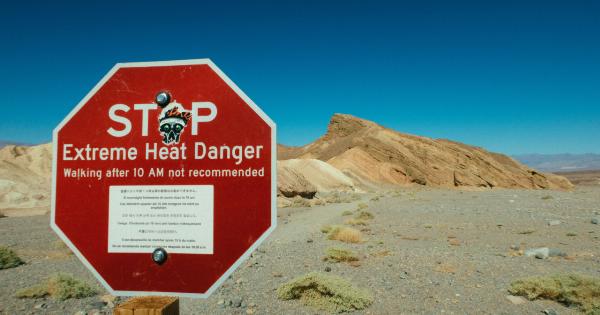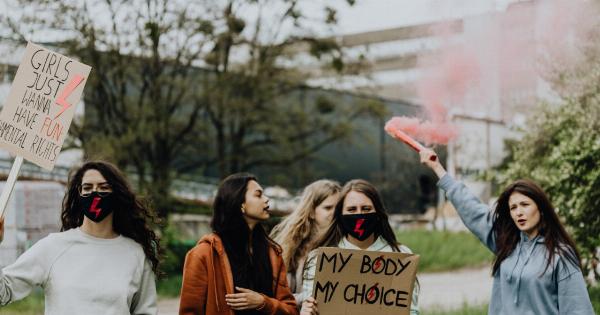As the cold weather settles in, many people turn to a warming glass of alcohol to beat the chill.
But does alcohol really warm you up, or is it just a myth? In this article, we will explore the scientific facts behind the popular belief that alcohol has a warming effect on the body.
Understanding the body’s response to cold
Before we delve into the role of alcohol in warming up the body, it’s essential to understand how our body responds to cold situations. When exposed to low temperatures, the body initiates a response known as vasoconstriction.
This process involves the constriction of blood vessels near the skin, reducing blood flow to the skin’s surface and preserving heat in the body’s core.
The sensation of warmth from alcohol
Alcohol is often associated with a temporary feeling of warmth, which is why many people believe that it helps in keeping them warm during cold weather.
The warmth sensation occurs because alcohol widens the blood vessels near the skin through a process called vasodilation. This causes more blood to flow to the surface of the skin, giving a transient feeling of warmth in the body.
Alcohol and body temperature
While alcohol may create a sensation of warmth, it does not actually raise the body’s core temperature. In fact, alcohol consumption can lead to a drop in internal body temperature.
When alcohol is metabolized by the body, it releases energy, which can give a temporary feeling of warmth. However, this energy released during the metabolism process does not raise the body’s overall temperature.
The dangers of relying on alcohol for warmth
Depending on alcohol for warmth in cold conditions can be dangerous. The temporary sensation of warmth can mask the actual drop in body temperature and prevent individuals from taking appropriate measures to protect themselves from the cold.
It can lead to increased risk of hypothermia and frostbite, as people may expose themselves to extreme temperatures without realizing it.
Alcohol’s impact on thermoregulation
Thermoregulation is the body’s ability to maintain its core temperature within a narrow range, regardless of external temperature changes. Alcohol interferes with this process by inhibiting the body’s natural mechanisms of thermoregulation.
It impairs the body’s ability to shiver, which is the involuntary muscle contraction that generates heat and helps in maintaining body temperature in cold conditions.
Dehydration and alcohol
Alcohol is a diuretic, causing increased urine production and leading to dehydration. Dehydration can negatively affect the body’s ability to regulate temperature, making it more difficult to adapt to cold conditions.
In cold weather, staying properly hydrated is crucial to maintain optimal body temperature, and consuming alcohol can counteract this essential requirement.
The illusion of warmth
Another reason why people might feel warmer after consuming alcohol is the impairment of the brain’s ability to gauge temperature accurately.
Alcohol affects the central nervous system and can interfere with the brain’s ability to interpret temperature signals correctly. This can result in a false sense of warmth, leading individuals to believe they are warmer than they actually are.
Alcohol and increased heat loss
While alcohol may provide a temporary sensation of warmth, it actually increases heat loss from the body. The vasodilation caused by alcohol results in more blood flowing to the surface of the skin, increasing the rate of heat loss to the surroundings.
This can ultimately lead to a decrease in the body’s core temperature and further exacerbate the risk of hypothermia.
The importance of proper insulation and clothing
When it comes to staying warm in cold weather, relying on appropriate insulation and clothing is far more effective than turning to alcohol.
Layering clothing, wearing insulating materials, and covering exposed body parts are essential measures to prevent heat loss. These strategies help in trapping the body’s natural heat and maintaining a comfortable body temperature.
The verdict: Alcohol does not truly warm you up
In conclusion, while alcohol may create a temporary sensation of warmth, it does not truly warm you up. In fact, alcohol consumption can be detrimental to maintaining a stable body temperature in cold weather.
Relying on alcohol for warmth can lead to increased risks of hypothermia, frostbite, and impaired thermoregulation. It is crucial to prioritize proper insulation and clothing to stay warm in cold conditions.






























